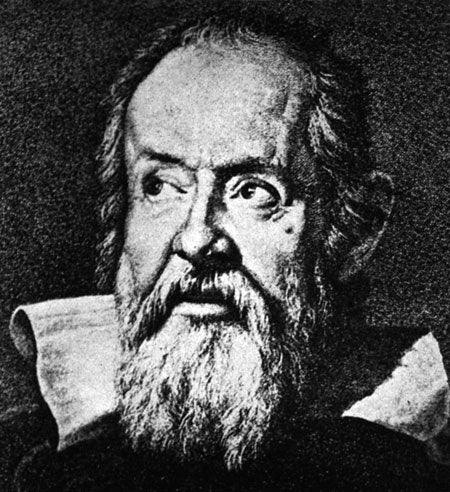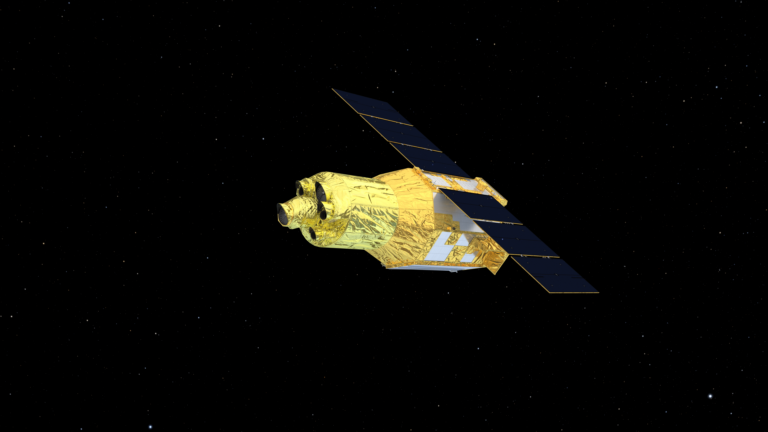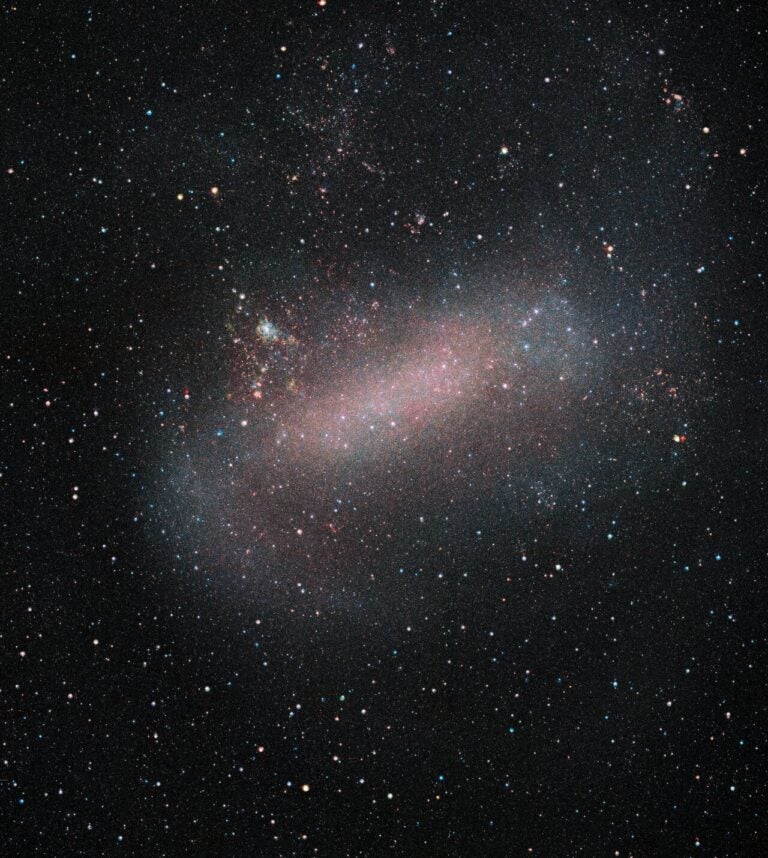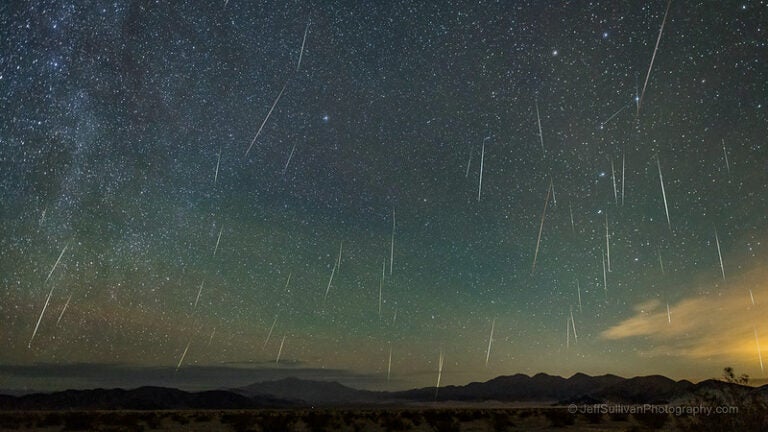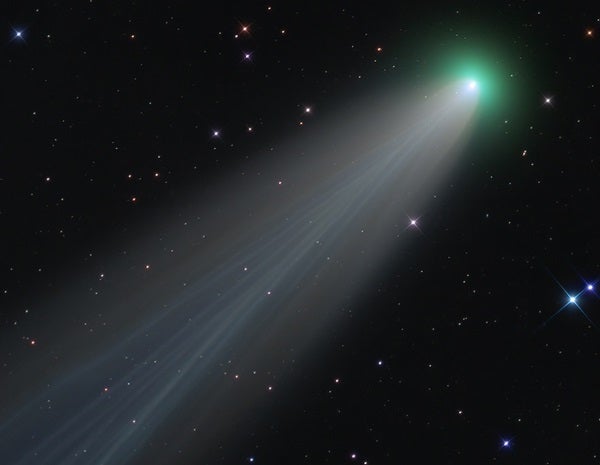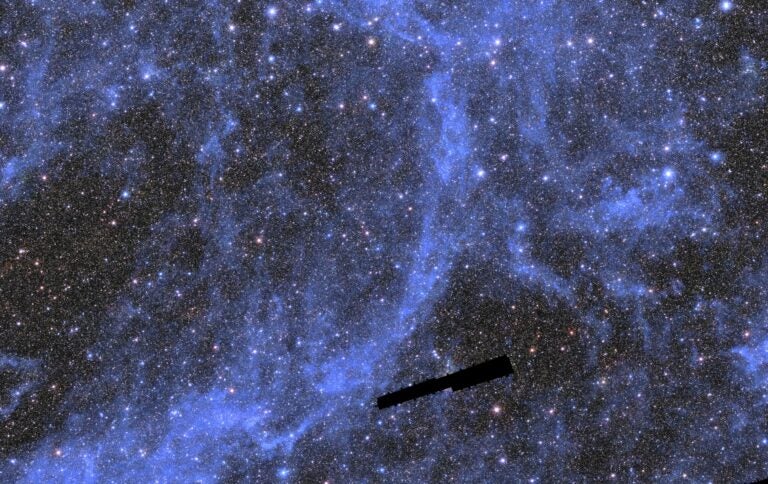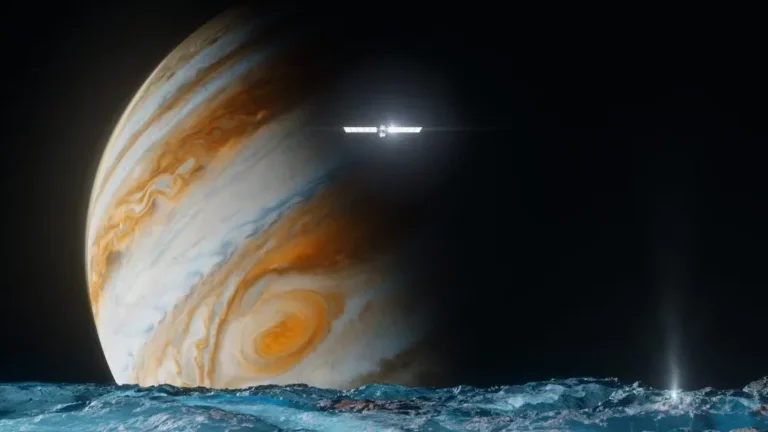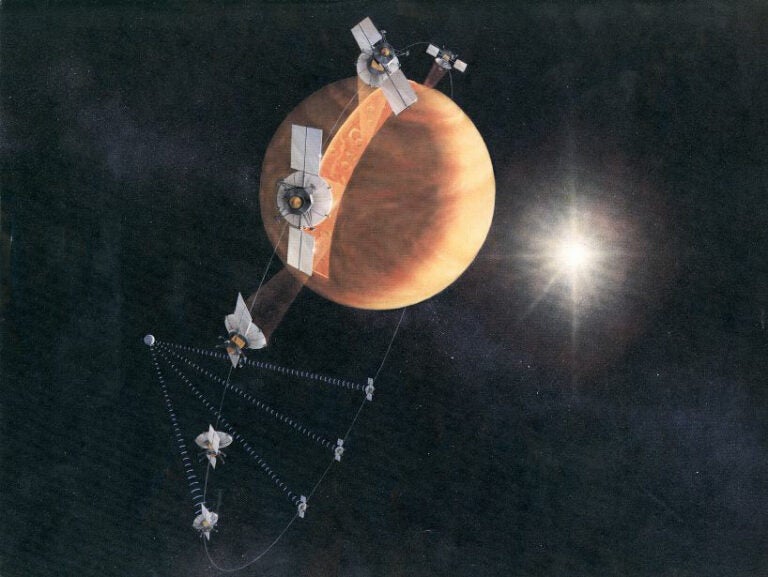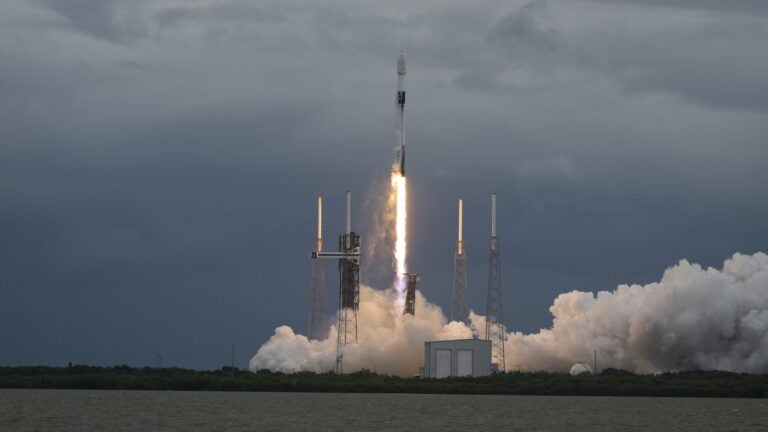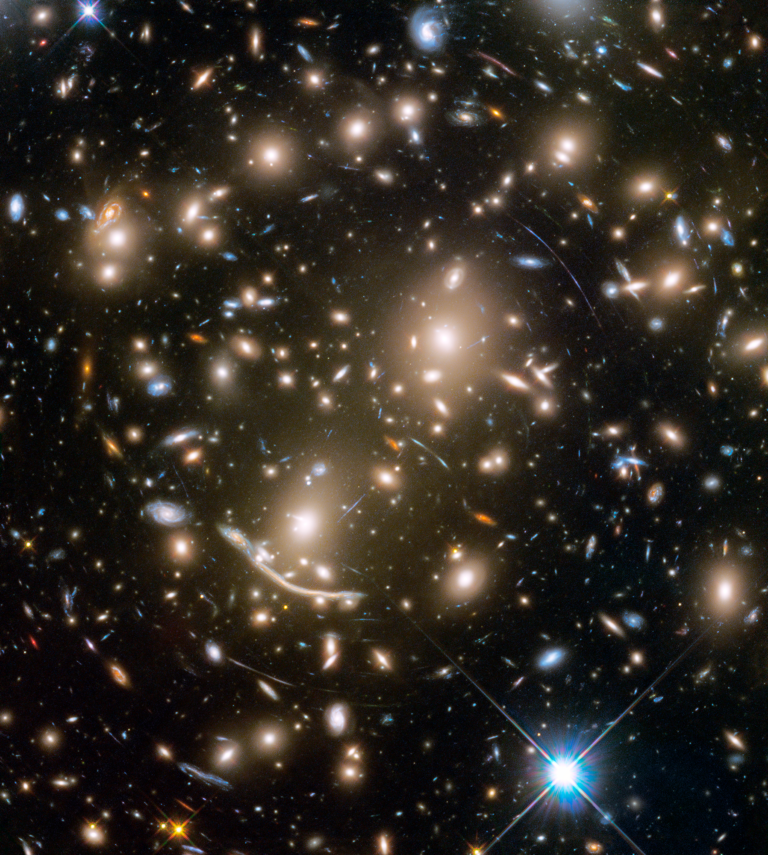Exactly 400 years ago today, Galileo unleashed what may be his most lasting contribution to science: the telescope. As both the International Year of Astronomy and Google’s home page both commemorate, today’s the day astronomy began in earnest.
On August 25, 1609, Galileo, still only a small-time math professor at the University of Padua, first demonstrated the telescope’s powers to Venetian merchants. He hadn’t invented the device and wasn’t even trying to upend conventional wisdom about the Earth’s place in the universe. Being a professor, he really just wanted to make some extra cash, and the telescope was marvelously useful to sailors, soldiers, and craftsmen alike.
Galileo really distinguished himself, however, when he began training his telescope (a design of his own making that improved upon his rivals’) on the heavens. When he published his observations of the Moon’s landscapes, Jupiter’s four biggest moons (now named the Galilean moons in his honor), and the phases of Venus in his Sidereal Messenger in 1610, Galileo ushered in a new era of astronomy and stargazing in general.
These observations, together with his predecessors’ work, persuaded Galileo that the Sun must be at the center of our solar system — rather than the Earth, as most authorities stated. One such authority, the Catholic Church, eventually condemned Galileo to house arrest for the remainder of his life, due to his treatment of the earth-centered (geocentric) solar system in his Dialogue Concerning the Two Chief World Systems. (The Church formally exonerated him in 1992.) Despite this setback he continued working in and revolutionizing various sciences, even overcoming blindness at the end of his life to do so.
Throughout his life, Galileo pioneered research in the physics of motion and sound, and he practically invented the scientific method. He probably would have been hailed as a luminary and a genius even without his work on the telescope, but the course of science would not have fared as well. Thank goodness the clever professor needed a bit of spending money 400 years ago.
- Video: The day Galileo changed the universe
- Blogs: Galileo
- Blogs: International Year of Astronomy

